New DTH licences: TRAI reiterates its recommendations, disagrees with MIB’s views
After receiving the response to back reference from the Ministry of Information and Broadcasting (MIB) regarding issues related to new DTH licences, the Telecom Regulatory Authority of India (TRAI) has reiterated almost all its recommendations. MIB’s response to back reference concerned TRAI’s recommendations dated July 23, 2014.
Licencing Period
TRAI had recommended that under the new licensing regime for DTH, licenses should be issued for a period of 20 years. Upon request of the Licensee, the period of License may be renewed by 10 years at a time, on the terms and conditions specified by the Licensor in consultation with the Authority.
MIB’s view: Ihe IMC examined the technology advancement in the DTH sector along with the need to have reasonable continuity in the license period. It is, therefore, proposed to grant DTH license for an initial period of 10 years. Thereafter, renewal of the license to be for 10 years.
TRAI’s response: DTH is a highly capital intensive sector. The investments are required not only in the initial stages at the time of setting up the infrastructure but also at subsequent stages of operations for maintaining it. The DTH operator also needs to build long term relationships with the customers.
Keeping a short license period may adversely affect the potential investment in the sector and would also negate the efforts of the Government, inter-alia, including the liberalisation of the FDI regime.
TRAI reiterated its earlier recommendations.
Entry Fee
TRAI had recommended a one-time entry fee of Rs 10 crore in the new DTH licensing regime. The Authority also recommended that the renewal shall be on the terms and conditions, including renewal fee, specified by the Licensor, in consultation with the Authority.
MIB’s view: Entry fee is proposed to be increased to Rs 25 crore for the licence period of 10 years, keeping in view inflation over the past 17 years.
TRAI’s response: The basic purpose of levying an entry fee is to deter non-serious players. In fact, quantum of the fee should be such that it ensures a level-playing field between the providers of similar or substitutable services and also discourages non-serious players.
In the telecom sector, under the UL, Entry Fee is subject to a maximum of Rs 15 crore for all the services for all the license service areas. Therefore, entry fee in DTH sector was prescribed less than UL.
In order to encourage more entrants in the DTH industry, and to compete with the cable industry, wherein there is no entry fee, TRAI recommends to retain the entry fee to Rs 10 crore.
Licence Fee
TRAI recommended that the license fee in the new DTH licensing regime be charged as 8 per cent of Adjusted Gross Revenue (AGR), where AGR is calculated by excluding, Service Tax, Entertainment Tax and Sales Tax/VAT actually paid to the Government, from the Gross Revenue (GR).
MIB’s View: While deliberating on the issue of rate of license fee, it has been noted that the DTH sector is growing and being a network economy, the sector may get benefit of reducing marginal costs. It may also benefit from the technological innovation, thus reducing the costs of DTH operators. It is proposed to continue to charge license fee at 10 per cent of GR.
TRAI’s response: The license fee is non-tax revenue being collected from a service provider against the privilege of being permitted to perform a particular licensed activity.
In the recommendations dated July 23, 2014 for DTH licenses, TRAI stated that the revenue on which the license fee is levied should not include the revenue which actually goes towards payment of taxes to the Government. Therefore, the license fee should not be charged on the GR; rather, it should be charged on AGR.
The Authority is of the view that AGR should be calculated by excluding, Goods and Service Tax (GST) actually paid to the Government, from the Gross Revenue (GR) of the licensee company.
In view of above, TRAI reiterates its earlier recommendations to charge License Fee as 8 per cent of Adjusted Gross Revenue (AGR) where AGR is calculated by excluding Goods and Services Tax (GST) actually paid to Government.



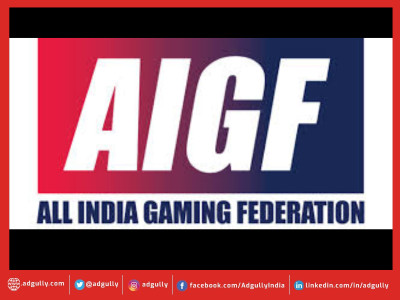
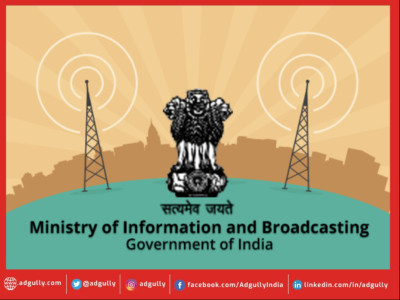

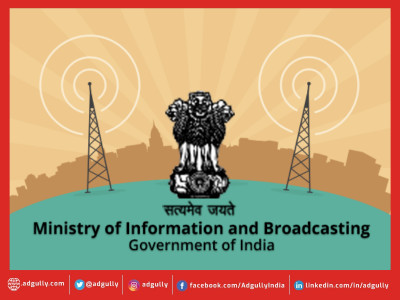
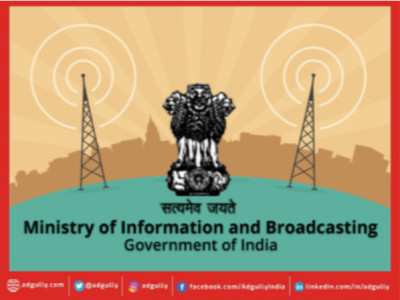
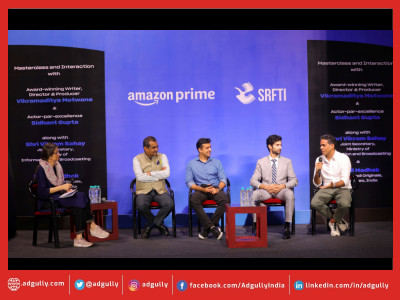
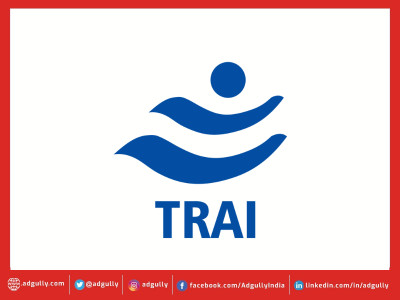
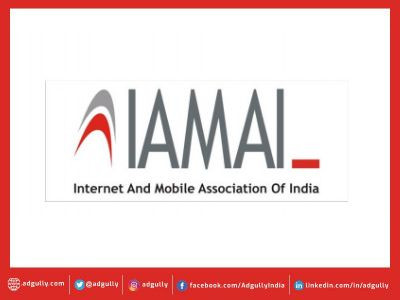
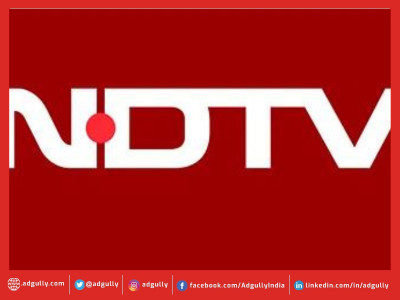


Share
Facebook
YouTube
Tweet
Twitter
LinkedIn